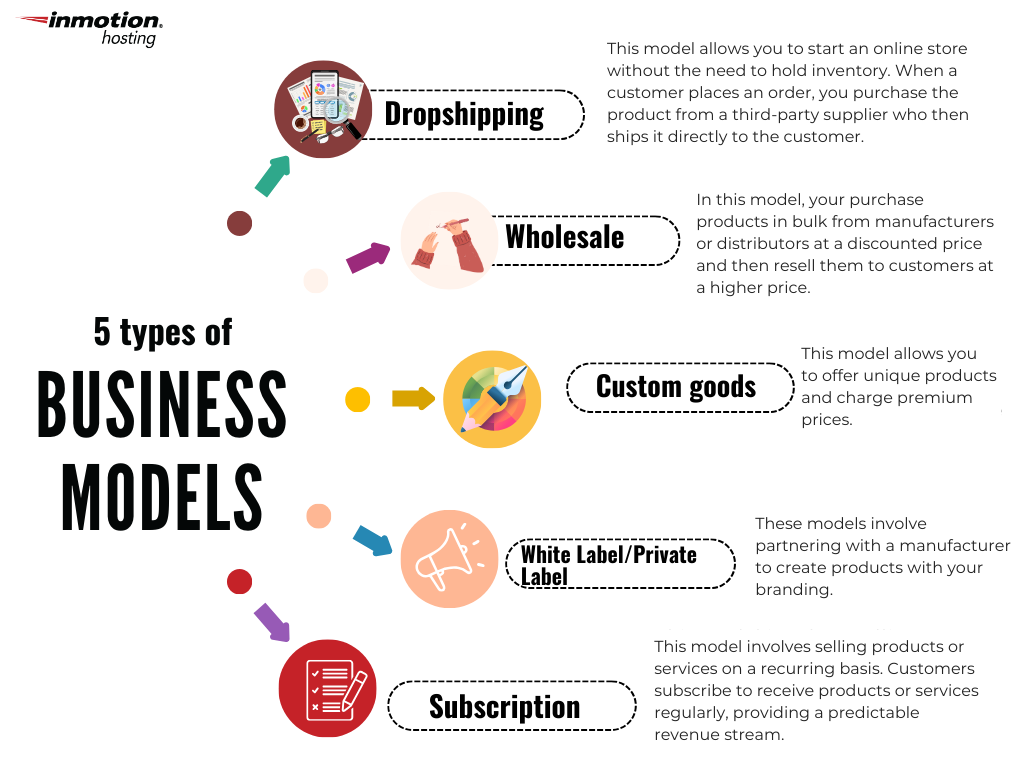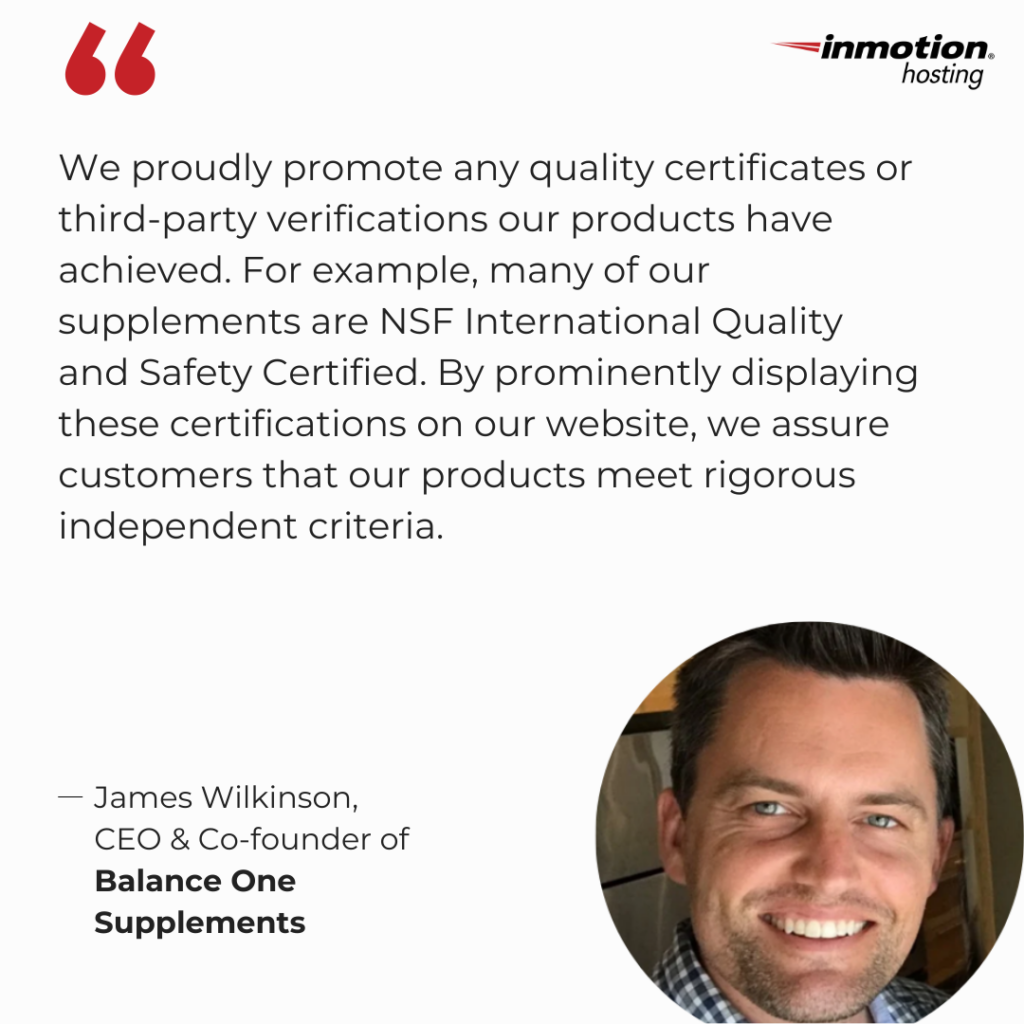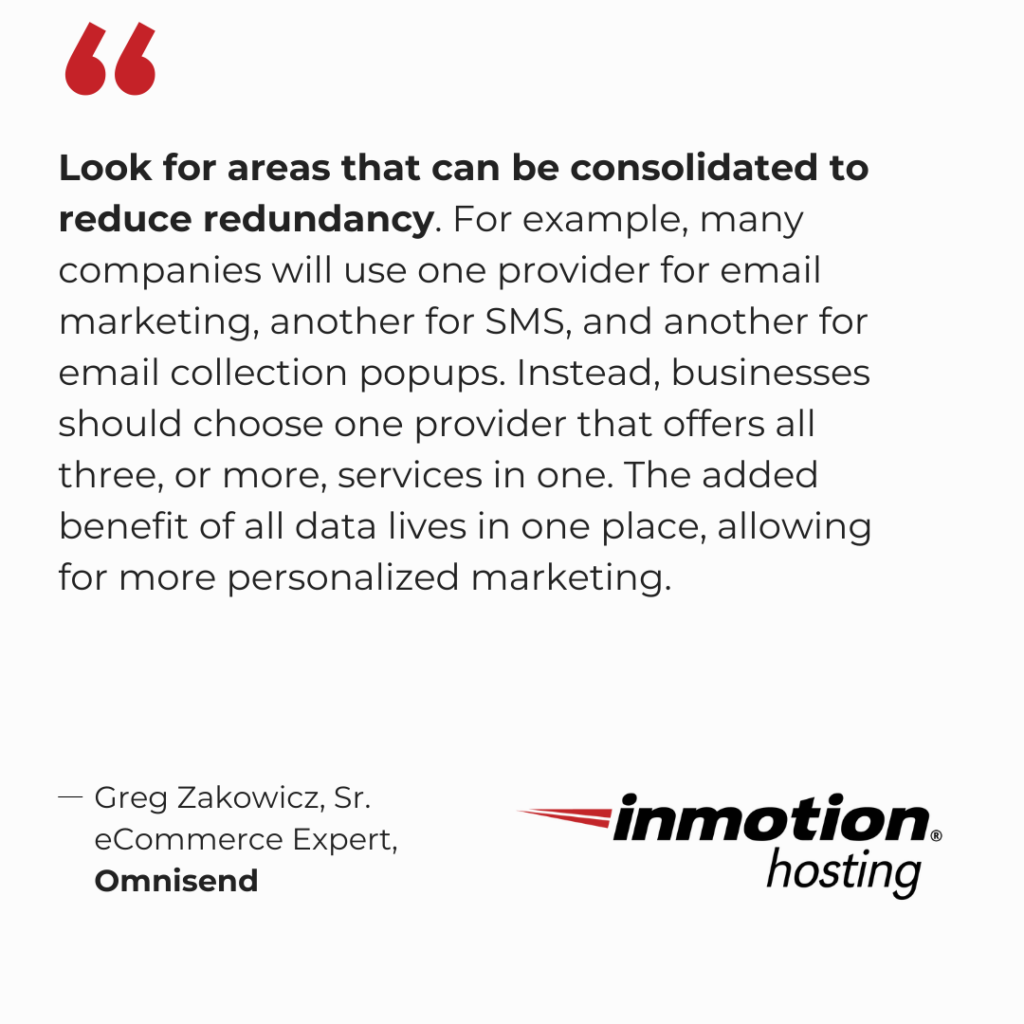How to Sell Products Online in 2025
Fact? Online selling has never been more accessible.
Depending on your business model, you can decide to sell your products online today and make your first sale tomorrow.
Digital buyers in the U.S. are projected to grow by nearly 10% from 2021 to 2025. This year, the number is projected to hit 291.2 million people—and this is in the U.S. alone. Needless to say, the eCommerce industry is booming and will continue to do so.
Whether you’re a small business owner or an aspiring entrepreneur, this guide will help you navigate how to sell products online successfully; from choosing your niche to scaling your store.
Before You Launch Your Online Store
To build an online business that generates sales, you need to understand your business model. This will impact your startup costs, inventory management, and profit margins.

Examples of business models include:
- Dropshipping: This model allows you to start an online store without the need to hold inventory. When a customer places an order, you purchase the product from a third-party supplier who then ships it directly to the customer. This model is great for beginners as it requires minimal upfront investment. However, profit margins can be lower due to competition.
- Wholesale: In this model, you purchase products in bulk from manufacturers or distributors at a discounted price and then resell them to customers at a higher price. This model requires more upfront investment for inventory but allows for higher profit margins.
- Handmade or custom products: If you’re creative, consider selling handmade or custom-made products. This model allows you to offer unique products and charge premium prices. However, it can be time-consuming and may require specific skills.
- White-label and private-label: These models involve partnering with a manufacturer to create products with your branding. White-label products are generic products that you rebrand, while private-label products are custom-made to your specifications.
- Subscription: This model involves selling products or services regularly. Customers subscribe to receive products or services, providing a predictable revenue stream.
To succeed in selling products online, choosing a specific niche is crucial. A niche market is a segment of a larger market that focuses on specific needs, preferences, or interests. Targeting a niche helps you reach the right audience, face less competition, and build trust as an industry expert.
To identify a profitable niche, consider your interests, skills, and market demand. Then, use tools like Google Trends, social media insights, and keyword research to find underserved niches with high demand.
Understand Startup Costs
- Website Hosting: Budget for a hosting plan that suits your store’s size and traffic. InMotion Hosting, for one, is great value for money and we recommend it. Choose hosting that supports your business’s present and future.
- Product Sourcing: Calculate costs for inventory, packaging, and shipping supplies.
- Marketing: Allocate funds for SEO, paid ads, and social media campaigns.
- Operational Costs: Include payment processing fees, tax filing, and potential outsourcing for customer service or content creation.
Pro Tip: Avoid overspending by prioritizing essential tools and scaling investments as your store grows.
Comply with Legal Requirements
- Register Your Business: Based on your goals and liabilities, choose a business structure like a sole proprietorship, LLC, or corporation.
- Licensing and Permits: Research and obtain any required local, state, or industry-specific licenses.
- Tax Compliance: Set up systems for tracking sales tax and filing returns. Tools like TaxJar can automate compliance tasks for online sellers.
Action step: Consult with a legal or financial advisor to ensure all requirements are met before your launch.
Building a Secure and Scalable Online Store
Once you’ve covered the initial costs and legal requirements, the next step in how to sell products online is building a secure, scalable eCommerce store. To do this:
- Select the Right eCommerce Platform. If you had a physical store, you would pay rent to use the space (unless you’re the landowner). Similarly, your eCommerce providers are the people you pay “rent” to get your store space on the web. Your platform of choice influences the ease of your business in a major way. Evaluate platforms like Shopify, WooCommerce, or BigCommerce based on your needs. Consider user-friendliness, scalability, and integrations with payment gateways.
- Optimize for Mobile. Use mobile-first design principles to ensure your site performs well on smaller screens. Optimize product images for fast loading on smartphones without sacrificing quality.
- Implement Security Features. Use SSL certificates to encrypt data and ensure secure transactions. Choose hosting providers that support PCI compliance and offer built-in security features like regular backups.

Setting Up Your Product Catalog for Success
Now you’ve got your store all set up and secure. It’s time to focus on what your customers are here for: your products. Some tips on presenting your product catalog in the best light include:
- Invest in High-Quality Product Photography. Stellar product photography can and does make a difference in how much money you make from your online business. Use natural lighting and clean backgrounds to create professional images. Highlight product details with close-ups and multiple angles. Include size references or lifestyle shots to help customers visualize the product.
- Write Compelling Product Descriptions. Use concise and engaging language. Highlight the product’s key features and benefits. Incorporate keywords naturally to improve search visibility.
- Develop Pricing Strategies. Research competitor pricing to stay competitive. Factor in costs and profit margins to determine optimal pricing. Use psychological pricing tactics, such as ending prices with “.99,” to encourage purchases.
Creating a Trusted Shopping Experience
In 2025, cybersecurity is a hot topic, and trust is essential for online sales. If you’re wondering how to sell products online successfully, ensuring a secure shopping experience is key. Shoppers need to feel safe to continue supporting your business. Here are a few ways to build trust throughout the customer journey:
- Build Trust Signals. Display verified customer reviews and testimonials prominently. Include trust badges for secure payments and fast shipping. Create an easy-to-navigate “About Us” and “Contact Us” page to establish transparency.
- Choose Secure Payment Gateways. Integrate popular gateways like PayPal, Stripe, and Apple Pay. Offer alternative payment options, such as buy now, pay later (BNPL) plans. Ensure compliance with PCI DSS for secure payment processing.

Managing Your Online Store Operations
Running an online store involves juggling numerous responsibilities, but efficient operations management can ensure your business thrives. Here are two critical areas to focus on: order fulfillment and customer support.
Streamline Order Fulfillment
Efficient order fulfillment is the backbone of a successful e-commerce business. Here’s how you can optimize this process:
- Partner with Reliable Shipping Carriers. Choose shipping partners known for their speed, reliability, and coverage. Research multiple carriers to compare their services and negotiate favorable rates. Building long-term relationships with carriers can help you secure discounts and prioritize your shipments.
- Implement Real-Time Inventory Management. Invest in inventory management software to track stock levels across all your sales channels. Real-time tracking helps prevent overselling, reduces the risk of stockouts, and ensures smooth order processing. Tools like TradeGecko or Zoho Inventory offer powerful features for automating stock control.
- Provide Customers with Tracking Information. Customers value transparency, especially when waiting for their orders. Share tracking details immediately after shipping so they can monitor their package’s journey. This simple step builds trust and reduces the number of “Where is my order?” queries.
- Automate Repetitive Tasks. Use automation tools to handle repetitive fulfillment tasks, such as order confirmations and shipping label generation. Automation not only saves time but also minimizes errors, enhancing overall efficiency.
Deliver Exceptional Customer Support
Excellent customer support can set your store apart in how you sell products online. Fostering loyalty and encouraging repeat purchases are byproducts of exceptional customer service. Here are some strategies to elevate your customer support:
- Set Up a Multi-Channel Support System. Modern customers expect flexibility when reaching out for help. Offer live chat, email, and phone options to cater to different preferences. Ensure your team is trained to provide consistent and helpful support across all channels.
- Create a Comprehensive FAQ Page. An FAQ page can address common questions about shipping, returns, payment methods, and product details. A well-organized FAQ not only helps customers find answers quickly but also reduces the load on your support team.
- Leverage AI-Powered Chatbots. Incorporate AI chatbots to handle basic inquiries such as order status or return processes. Chatbots can operate 24/7, improving response times and allowing your human agents to focus on more complex issues. Tools like Zendesk or ChatGPT-based solutions can seamlessly integrate into your system.
- Monitor and Act on Feedback. Regularly gather customer feedback through surveys, reviews, and direct interactions. Use this data to identify pain points and continuously refine your support processes. Responding to negative feedback with genuine resolutions can turn detractors into advocates.
Marketing Your Online Store
Effectively marketing your online store is crucial for driving traffic, increasing sales, and building brand loyalty. Below are three strategies to supercharge your efforts.
- Boost online sales by leveraging SEO. Optimize product pages with relevant keywords, meta descriptions, and high-quality images. Use schema markup to highlight product details in search results. Publish blog content addressing audience interests to improve site relevance and boost organic traffic.
- Social media effectively connects with target audiences and promotes products. Create engaging, visually appealing content (carousel posts, reels, stories) showcasing product features and encouraging user-generated content. Partner with relevant influencers, especially micro-influencers, to reach broader audiences. Track campaign performance using analytics tools like Facebook/Instagram Insights to monitor engagement and conversions, refine strategy, and allocate resources effectively.
- Build an email list. Email marketing is effective for nurturing leads and driving sales. Offer incentives for email sign-ups. Segment your audience for personalized offers. Automate key emails like abandoned cart reminders and welcome sequences.
Did you know? InMotion Hosting’s performance-optimized Managed WordPress servers ensure fast load times for your store, which not only enhances the user experience but also boosts your SEO rankings.
Measuring and Improving Performance
Continuous monitoring and optimization are essential for running a successful online store. By tracking the right metrics and implementing strategic improvements, you can maximize your store’s potential. Here’s how:
- Track Key Performance Indicators (KPIs) like conversion rate, bounce rate, and average order value (AOV) to understand your online store’s performance. Use tools like Google Analytics and Hotjar to analyze user behavior and improve the customer journey.
- A/B Tests help optimize websites and marketing. Test product pages, headlines, CTAs, email subject lines, ad creatives, and offers. Use results to refine and improve.

Websites hosted on InMotion Hosting load in under 2 seconds, which is crucial for reducing bounce rates and improving user retention. A fast-loading site ensures your visitors stay engaged and are more likely to convert.
With consistent monitoring and optimization, you’ll gain a better understanding of how to sell your products online. These strategies allow you to make data-driven decisions, continually enhance user experience, and boost overall performance.
Scaling Your Online Business
You’ve started, you’ve built, and you’ve measured; it’s time to scale. Scaling your online business is about working smarter, not harder.
1. Automate Repetitive Tasks. Automation saves time, enabling focus on high-value activities. Streamline workflows with tools like Zapier to connect apps and automate routine tasks (e.g., data entry, order notifications). Implement AI-driven email marketing for personalized campaigns. Set up automated inventory alerts to prevent stockouts.
2. Expand Internationally. To reach global markets, localize your website and content (translate and adapt cultural elements), offer multi-currency and popular payment options, and partner with global fulfillment centers to reduce shipping times and costs.
3. Diversify Sales Channels. Sell online by diversifying sales channels. List products on marketplaces (Amazon, Etsy, eBay) to reach more customers. Enable social commerce (Instagram, Facebook, Pinterest) for direct sales via social media. Partner with complementary brands for joint campaigns to expand reach.
Growth Tip: InMotion Hosting’s scalable solutions grow with your business, ensuring your website can handle increased traffic and data needs without frequent migrations.
Conclusion
To sell products online requires careful planning and execution. From selecting the right niche to building a secure and scalable store, every step plays a crucial role in your success. Focus on creating a trusted shopping experience, leverage data-driven marketing strategies, and scale thoughtfully to maximize your business potential.
Ready to launch your online store? Sign up for InMotion Hosting’s eCommerce-optimized solutions today.
Improve the performance and security of your store with specialized eCommerce Hosting. Get faster speeds for your online store with NVMe storage, server protection, dedicated resources, and optimization tools.
99.99% Uptime
Free SSL
Dedicated IP Address
Managed Server
eCommerce Hosting

